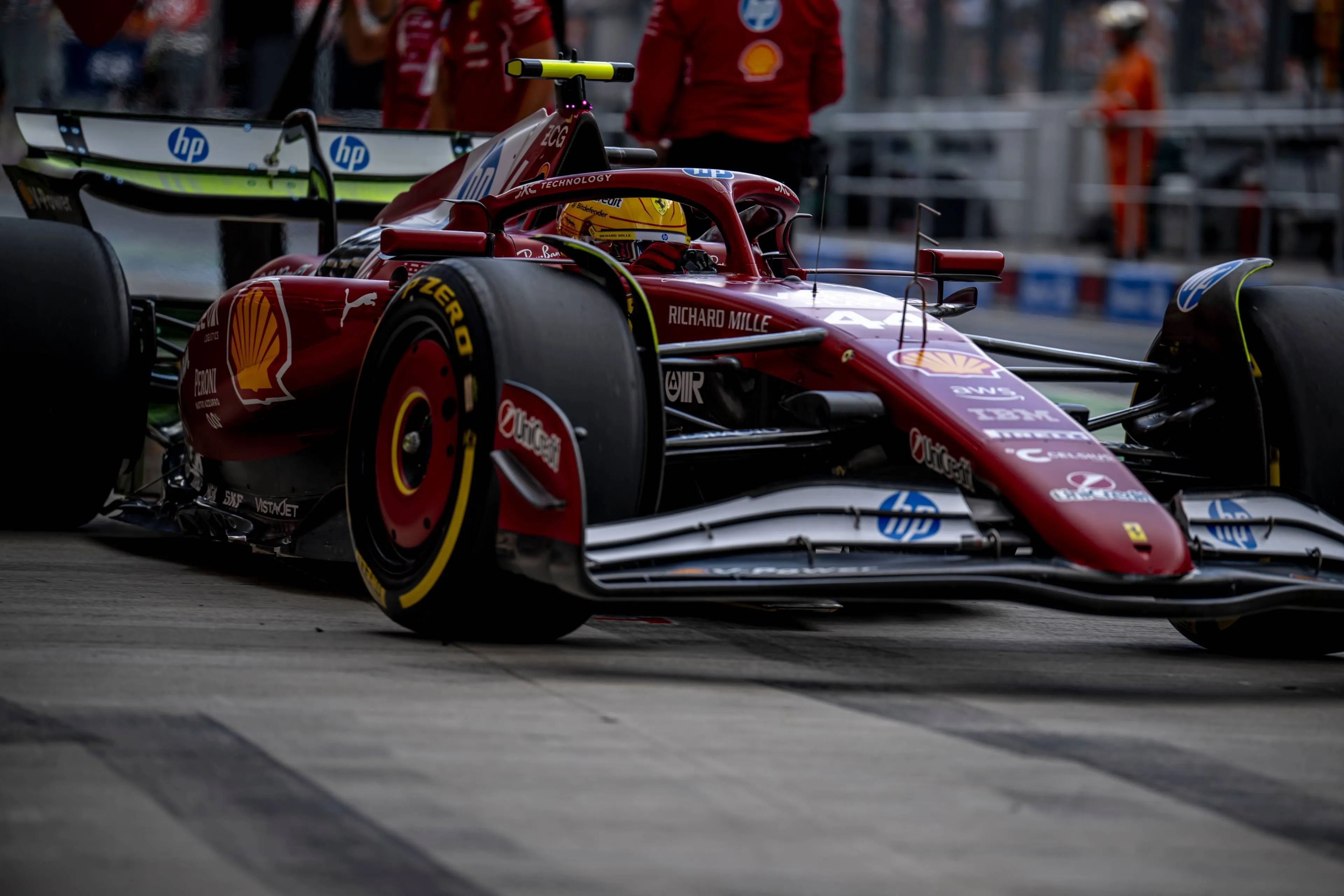Leestips - zaterdagbijlage DDSFI, 17 augustus 2013
Op zaterdagen zal de redactie van DDSFI proberen u wekelijks een portie leesvoer voor het weekend te geven: tien artikelen die wij gaande de week selecteren uit de vloed van stukken de wij doornemen om onze analyses te onderbouwen en te kunnen doorgeven: onze Zaterdagbijlage. Soms zullen dit artikelen zijn over zaken die niet aan bod zijn gekomen, andere vertegenwoordigen een visie die niet de onze is, maar desalniettemin van belang om kennis van te nemen.
U vindt hier de titel (wat direct ook de link is), en de eerste alinea's.
As David Stockman, Reagan's infamous Budget Director, writes in his bestseller, The Great Deformation: The Corruption Of Capitalism In America "the last thing hedge funds do is hedge." The hedge fund complex is "not so much a conventional industry as it is a giant moveable trade": Wall Street trading desks frequently morph into independent hedge fund partnerships, and senior hedge funds often sire cubs and then sons of cubs. The protean ability of this arrangement to spawn, fund, and replicate successful momentum trades cannot be overstated, and has "generated trillions of permanent momentum-chasing capital." Ultimately, he warns, "apologists for the Feds evisceration of the capital markets could not see... they had unleashed the financial furies in the violent momentum trading modus operandi of the hedge fund casino."
Good old Frankfurter Schule filosoof Habermas doet ook een duit in het Duitse (euro) zakje.
It is no secret that the global economy is struggling. Europe is in the midst of a crisis whose root cause is a structurally flawed monetary and economic union. The United States, emerging slowly from a financial crisis and widespread deleveraging, is experiencing a growth slowdown, a persistent employment problem, an adverse shift in income distribution, and structural challenges, with little effective or decisive policy action.
De weinige groei komt uit China en India. Europa doet niet meer mee.
If Germany were to collect one euro for every piece of advice it receives on how it should act in the European economic crisis, its current account surplus would be even bigger than it is. From far and wide, the recommendations flow towards Berlin: float eurozone bonds, forgive Greek debt, devise a Marshall Plan for the Mediterranean, set up a banking union, let domestic wages rise, launch a fiscal stimulus instead of droning on about balanced budgets. Some of these suggestions are on the right lines, and some are wrong. But all overlook the point that one of Germanys most useful contributions would be to reform and modernise its own economy.
Any central bank's ability to boost labor productivity is doubtful; whether recovery produces high or low value jobs is a complex matter of demographics, structural factors in the economy, and taxes and regulation. Attempting to manage this process must at some point run up against the BOE's inflation-fighting objectives, and no amount of assurances from Mr. Carney will mitigate the damage when that happens.
--WSJ editorial board, August 8th, 2013
--WSJ editorial board, August 8th, 2013
Interview met bedenker André ten Dam.
Steinbrück kann sich noch so sehr abstrampeln, gegen Merkel ist er chancenlos. Weil sie nicht kämpfen will, hat sie die Wahl quasi schon gewonnen. Experten sind überzeugt: Ihr Mutti-Image hilft ihr dabei ungemein.
Speciaal voor Mark en Jeroen: financiële geschiedenis bijles.
En als weekend bonus een interview met Nigel Farage in Public Service Europe:
Ga verder met lezen
Dit vind je misschien ook leuk
Laat mensen jouw mening weten
Lees ook
Loading


